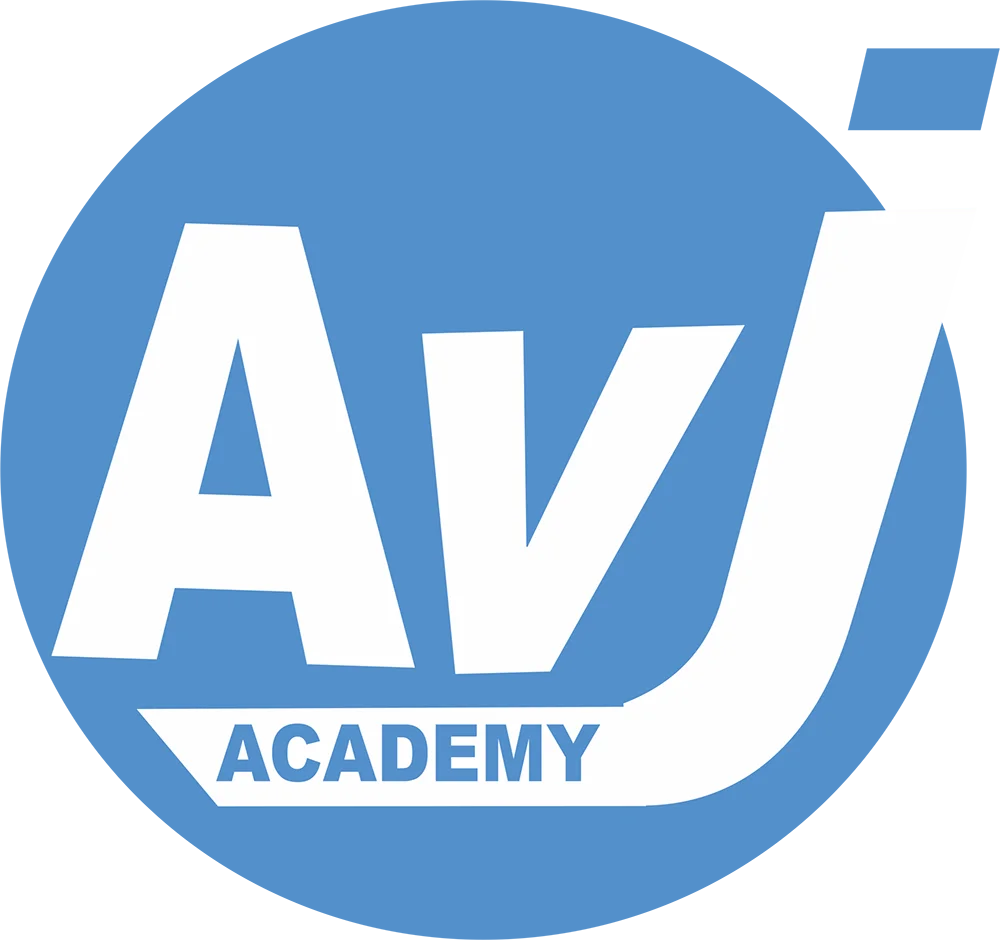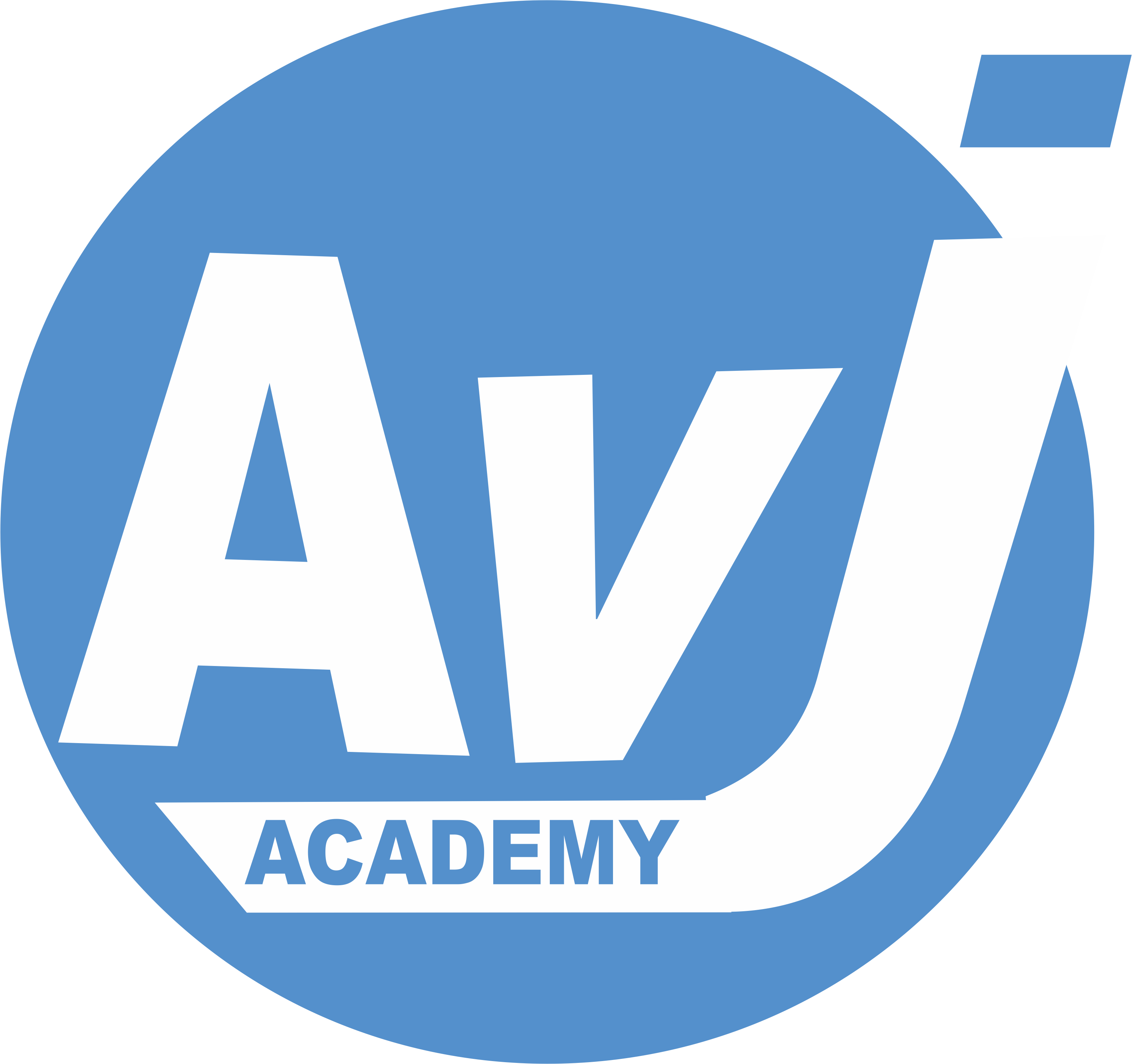Understanding Cost Management Accounting
Cost management accounting focuses on analyzing, controlling, and reducing costs within a business. It helps companies make strategic decisions to improve their financial performance. By understanding cost management accounting, you can learn how to efficiently allocate resources, minimize expenses, and maximize profits in a professional setting. This knowledge is essential for advancing your career and excelling in the business world.
Importance of Cost Management Accounting in Career
Cost management accounting is crucial for professionals as it helps in making informed decisions regarding expenses and profits. By understanding cost management accounting, individuals can analyze financial data effectively and create strategies to optimize resources. This knowledge is valuable in various industries, allowing professionals to contribute to the overall success of their organizations.
Skills Developed Through Cost Management Accounting
Cost management accounting helps you develop essential skills for the professional world. Through this study, you will enhance your ability to analyze, interpret, and communicate financial information effectively. Additionally, you will learn how to identify cost-saving opportunities and optimize financial resources within a business. Mastering cost management accounting equips you with the expertise to make informed decisions that significantly impact an organization’s financial health and success.
Application of Cost Management Accounting in Professional World
In the professional world, cost management accounting plays a crucial role in decision-making and financial planning. By utilizing cost management techniques, businesses can assess the profitability of projects, determine product pricing, and identify areas for cost reduction. Cost management accounting enables organizations to make informed financial decisions, allocate resources efficiently, and optimize performance. This skill set is highly valued by employers seeking professionals who can contribute to the financial health and success of their organizations.
Transition from Classroom to Career
In the transition from the classroom to your career, cost management accounting skills can be a valuable asset. These skills help you understand how to handle financial decisions in a professional setting. When you apply what you learned in the classroom to real-world scenarios, you’ll be better equipped to navigate the challenges of your new career.
Career Opportunities with Cost Management Accounting Knowledge
Career Opportunities with Cost Management Accounting Knowledge
Having knowledge in cost management accounting opens up various career paths for you. Here are some opportunities you can explore:
- Financial Analyst
- Cost Accountant
- Budget Analyst
- Management Accountant
These roles require expertise in analyzing financial data, creating budgets, and implementing cost-saving strategies. By mastering cost management accounting, you can pave the way for a successful career in finance and accounting fields.
Practicing Cost Management Accounting in Real-Life Scenarios
Cost management accounting involves applying accounting techniques to help businesses control and monitor their expenses. In real-life scenarios, cost management accountants analyze costs, identify areas for improvement, and make strategic decisions to enhance profitability. By practicing cost management accounting, professionals gain practical skills in budgeting, cost analysis, and financial forecasting, which are valuable in the professional world.
Challenges Faced in Cost Management Accounting
Cost Management Accounting can pose several challenges for students. Here are some common difficulties students may face in this field:
- Understanding Complex Concepts: Cost Management Accounting involves intricate concepts and formulas that can be challenging to grasp.
- Analyzing Data: Students often struggle with analyzing large sets of financial data accurately and efficiently.
- Applying Theoretical Knowledge: It can be tough for students to translate theoretical concepts into practical applications in real-world scenarios.
- Keeping Up with Changes: Cost Management Accounting practices evolve with changing regulations and technologies, requiring students to stay updated with the latest trends.
- Time Management: Balancing coursework, assignments, and practical exercises in Cost Management Accounting can be demanding for students.
Success Stories of Cost Management Accounting Professionals
Success Stories of Cost Management Accounting Professionals
Cost management accounting professionals have seen success in various industries. Here are a few examples of their achievements:
- Increased company profits by implementing cost-saving measures
- Provided valuable financial insights to help businesses make strategic decisions
- Played a key role in budget planning and financial forecasting processes
- Successfully identified areas of inefficiency and recommended improvements
- Advanced their careers by demonstrating a strong understanding of cost management principles and practices
These success stories highlight the importance of cost management accounting in shaping the professional world.
Advantages of Cost Management Accounting in the Professional World
Cost management accounting provides professionals with a solid foundation for decision-making in the business world. Here are some advantages of utilizing cost management accounting techniques in your professional career:
- Helps in making informed financial decisions by providing accurate cost information.
- Enables efficient budgeting and forecasting by identifying cost-saving opportunities.
- Enhances resource allocation by highlighting areas for improvement in cost efficiency.
- Facilitates strategic planning by analyzing the cost structure of the organization.
- Contributes to improving overall financial performance by monitoring and controlling costs effectively.



